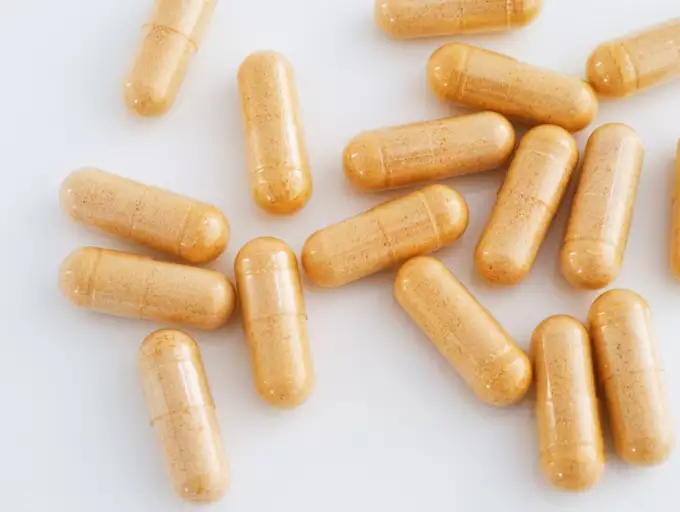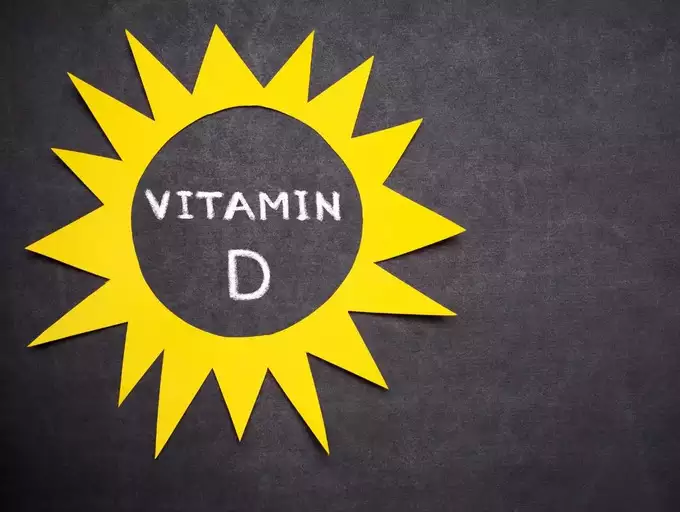Do excessive vitamin dosages make them dangerous?
Minerals and vitamins are necessary for sustaining optimal health. They are essential for many body processes, such as immune system stimulation and bone health maintenance. But like anything else, there are instances when having too much of a good thing can be detrimental. This is all the information you need to know about the possible negative consequences of taking iron and vitamin D pills in excess.
Can vitamins at high doses harm the body?

Vital micronutrients like vitamins and minerals are essential for preserving general health and wellbeing. Although a balanced diet is normally the best way to receive these micronutrients, many individuals use supplements to make sure they are getting enough of them each day.
What is vitamin D toxicity?

The creation and proliferation of muscle cells, the immune system’s optimal operation, and the preservation of skeletal health all depend on vitamin D. Nevertheless, toxicity may result from consuming too much vitamin D. When the body has too much vitamin D, it can cause vitamin D toxicity, sometimes referred to as hypervitaminosis D. Rather than nutrition or sun exposure, over-supplementation is typically the cause of this. Hypercalcemia, an accumulation of calcium in the blood, is the primary effect of vitamin D poisoning.
Symptoms of vitamin D toxicity and recommended dosage

Elevated blood levels, nausea, vomiting, weakness, frequent urination, bone pain, and renal issues, such as calcium stone production, are signs of vitamin D toxicity. It can potentially cause a coma and death in extreme circumstances. Although there are differing opinions on the ideal range of vitamin D levels, most people are thought to benefit most from levels between 30 and 60 ng/mL. Over 100 ng/mL, nevertheless, may be dangerous. Prescription errors and incorrect supplement dose account for the majority of occurrences of vitamin D poisoning.
Read More: Artificial sweetener neotame found in cakes, drinks, and chewing gum, can damage gut









